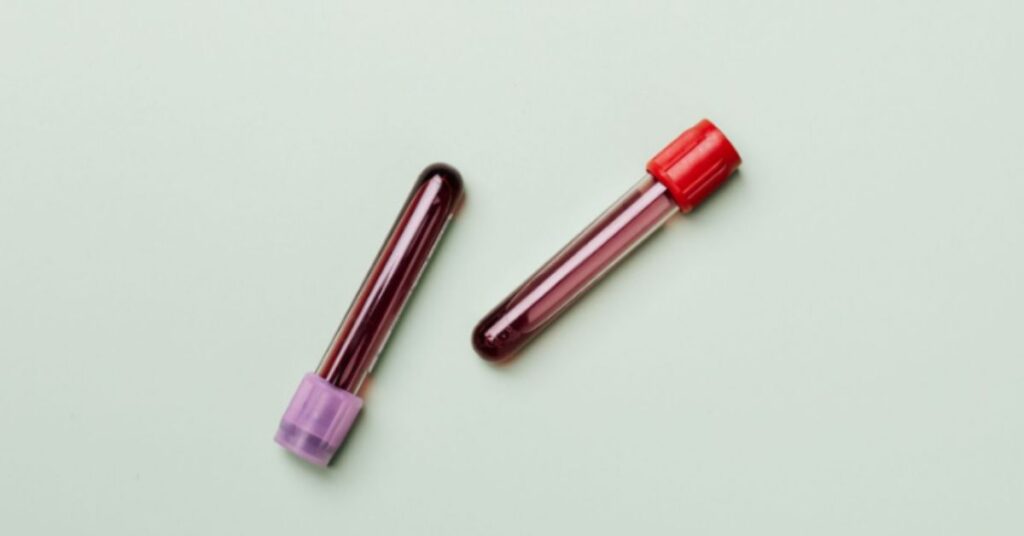Do Head Lice Prefer A Certain Blood Type?

Lice affect millions of Americans every year, and while there are some ways you can prevent head lice, some factors remain out of your control. If you or one of your family members had head lice multiple times, most would write it off as bad luck, but there may be some underlying causes. One of these potential causes has to do with blood type. Do head lice prefer a certain blood type? While it is true that head lice can feed on any blood type, there are factors at play that can affect the appetite of these parasites.
What Blood Types Do Head Lice Prefer?
If you have had lice before, the question you probably asked yourself the most is “why me?”
For a long time, there was not a clear indicator of whether or not head lice preferred one type of blood over the other, but after a recent scientific analysis, an answer has been found. As it turns out, head lice prefer positive blood over negative blood. Though lice prefer positive blood, they can survive off any blood type. After a louse has started feeding, it will continue to feed off that blood type specifically. For example, if a louse is born on the head of someone with B+ blood, it can still feed off someone with A+ blood to survive, but it is not their preference.
The Rhesus Factor
Once the lice have been fed, the selection of the blood types for lice is reduced. This is in part due to their inclination towards the blood type of their original host but is also due to what is known as the rhesus factor. The rhesus factor is controlled by the proteins in your blood. These proteins determine whether your blood type is positive or negative. If there is a rhesus protein on the surface of the blood cells, then it is a positive sample, and if not, it is negative. Though head lice are able to feed off any type of blood, the rhesus factor can prevent head lice from spreading. Once head lice have begun to feed, they must continue to consume the blood of the same rhesus factor for the rest of their lives. If a louse does manage to make its way onto a host with a rhesus factor that is different from its parent host, the intestinal tract of the louse will burst after feeding. This is good news if you and your family members have different rhesus factors. Though you do inherit these genes from your parents, it is possible to have children with diverse blood types. Having different rhesus factors can help prevent the spread of head lice, but it can also make it seem as though the lice prefer one person over the others.
Lice Removal in Charlotte, NC
Head lice can be difficult to deal with. Thankfully, you don’t have to handle them alone. Here at Lice Clinics in Charlotte, we specialize in chemical-free head lice treatment. Our AirTral lice removal device uses heat to detach the parasites and their eggs from the hair shafts. If you or someone in your family have lice, schedule an appointment today! Our treatment is guaranteed and can have you lice-free in just one hour.
